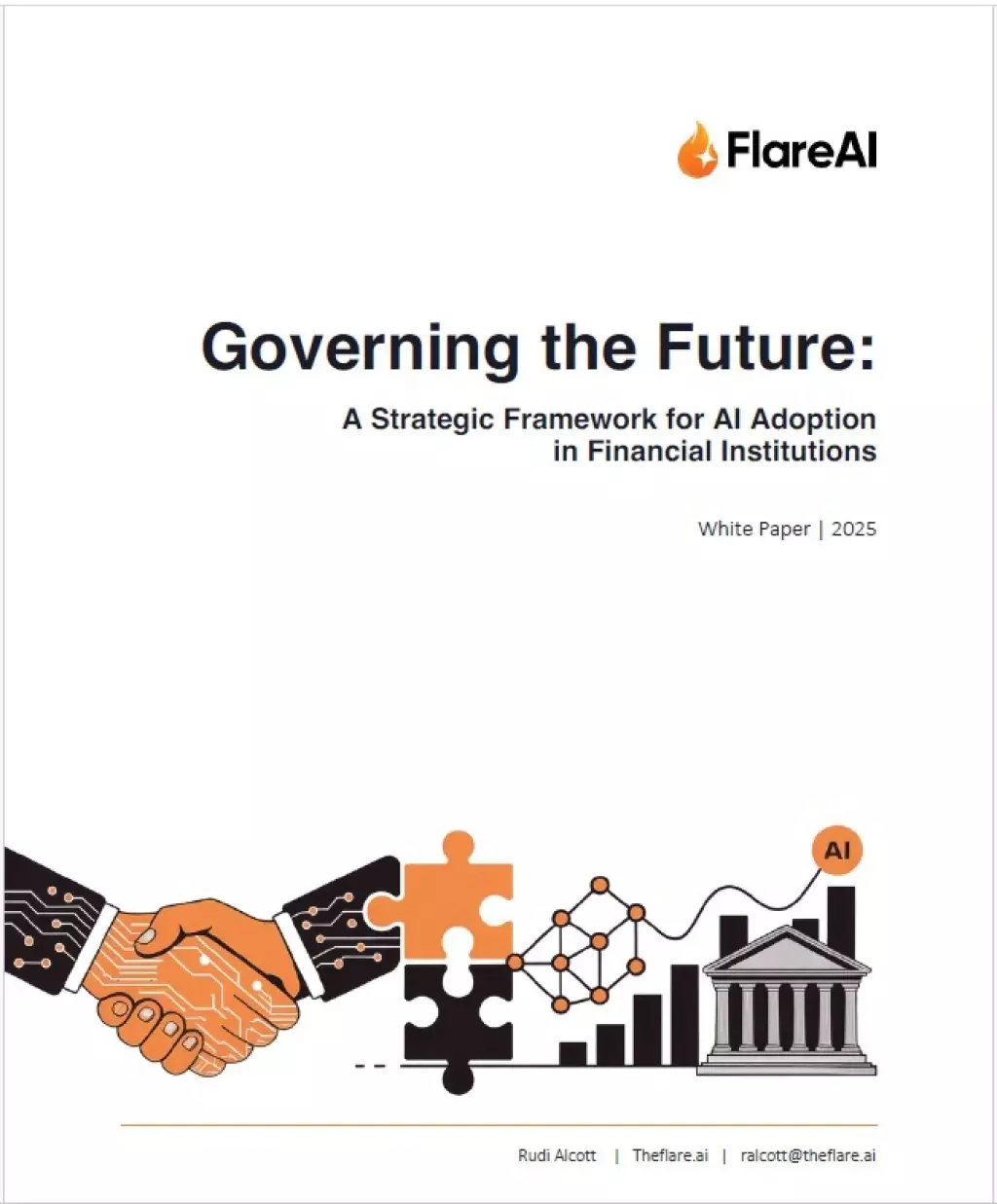OpenAI Introduces PaperBench for AI Research Replication
OpenAI has launched PaperBench, a new benchmark aimed at evaluating the ability of AI agents to replicate state-of-the-art AI research. This initiative is part of OpenAI's Preparedness Framework and involves replicating 20 ICML 2024 Spotlight and Oral papers from scratch. The process includes understanding the paper contributions, developing a codebase, and successfully executing experiments.
To ensure objective evaluation, PaperBench uses rubrics that break down each replication task into smaller, gradable sub-tasks. These rubrics are co-developed with the authors of each ICML paper to ensure accuracy and realism. An LLM-based judge has been developed to automatically grade replication attempts against these rubrics, and its performance is assessed through a separate benchmark for judges.
The benchmark has been tested with several frontier models, with the best-performing agent, Claude 3.5 Sonnet, achieving an average replication score of 21.0%. Despite these advancements, human experts still outperform AI models in this task. OpenAI has open-sourced the code to facilitate further research into AI engineering capabilities.
We hope you enjoyed this article.
Consider subscribing to one of our newsletters like Daily AI Brief.
Also, consider following us on social media:
Subscribe to Daily AI Brief
Daily report covering major AI developments and industry news, with both top stories and complete market updates
Whitepaper
Governing the Future: A Strategic Framework for AI Adoption in Financial Institutions
This whitepaper explores the transformative impact of artificial intelligence on the financial industry, focusing on the governance challenges and regulatory demands faced by banks. It provides a strategic framework for AI adoption, emphasizing the importance of a unified AI approach to streamline compliance and reduce operational costs. The document offers actionable insights and expert recommendations for banks with fewer than 2,000 employees to become leaders in compliant, customer-centric AI.
Read more
